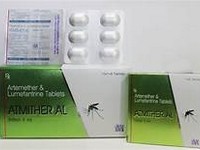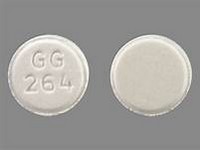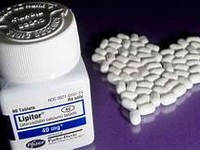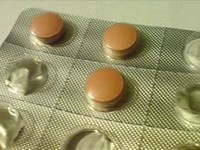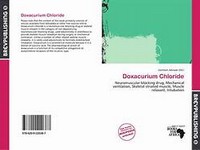disulfiram1

disulfiram
CLINICAL USE
Adjunct in the treatment of chronic alcohol dependenceDOSE IN NORMAL RENAL FUNCTION
800 mg on day 1 reducing over 5 days to 100–200 mg dailyPHARMACOKINETICS
DOSE IN RENAL IMPAIRMENT
GFR (mL/MIN)
DOSE IN PATIENTS UNDERGOING RENAL REPLACEMENT THERAPIES
IMPORTANT DRUG INTERACTIONS
Potentially hazardous interactions with other drugsAlcohol: risk of severe disulfiram reaction Anticoagulants: enhanced anticoagulant effect with coumarinsAnti-epileptics: inhibition of metabolism of phenytoin (increased risk of toxicity)Paraldehyde: increased risk of toxicity with paraldehydeADMINISTRATION
Reconstition
–Route
OralRate of Administration
–Comments
–OTHER INFORMATION
Review after 6 months Patients should be warned about severe nature of alcohol and disulfiram reactionContraindicated in cardiovascular disease, psychoses or severe personality disordersDisulfiram blocks the metabolism of alcohol and leads to an accumulation of acetaldehyde in the bloodstream. Use with caution in diabeticsDisulfiram is rapidly metabolised to diethyldithiocarbamic acid (DDC); is conjugated with glucuronic acid, oxidised to sulphate, methylated, and decomposed to diethylamine and carbon disulphide. Excretion is primarily through the kidneys
See how to identify renal failure stages according to GFR calculation
See how to diagnose irreversible renal disease
Home
